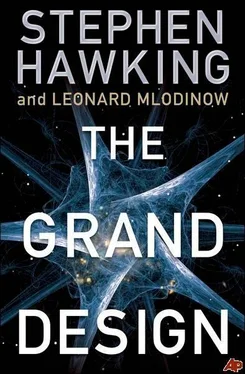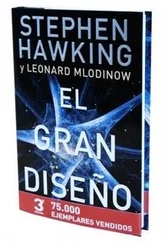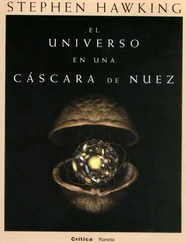empty space, impossibility of
episode of inflation
expanding model
Feynman’s sum over histories and
gods as causal in
as God’s dollhouse
grand design
gravity and
helium, lithium, and hydrogen in
human-centered
inflation theory
inhomogeneities in
laws of (see also Laws of nature)
M-theory and
multiple (see also Multiverse concept)
multiple-star systems
no-boundary condition
origin of
phlogiston theory
planetary orbits
planetary systems of
Ptolemaic model of
rejection of indifferent natural laws
size of
size of our galaxy
space-time warpage
spontaneous quantum creation of
stars
static or steady-state theory
Ultimate Question of Life, the Universe, and Everything
Ussher, Bishop
Vacuum fluctuations
Virtual particles
Von Neumann, John
Wallace, Alfred Russel
Wavelength
radio waves
visible
X-rays
Wave-particle duality
Wave theory. See also Interference
double-slit experiment
Feynman’s sum over histories and
interference
phase
Weak anthropic principle
Weak nuclear force
quantum field theory of
Weinberg, Steven
Wheeler, John
“Which-path” information
Young, Thomas
“Zur Elektrodynamik bewegter Körper” (“On the Electrodynamics of Moving Bodies” [Einstein])
Zwicky, Fritz

***
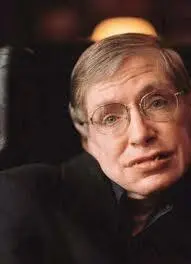
STEPHEN HAWKING was the Lucasian Professor of Mathematics at the University of Cambridge for thirty years, and has been the recipient of numerous awards and honors including, most recently, the Presidential Medal of Freedom. His books for the general reader include the classic A Brief History of Time, the essay collection Black Holes and Baby Universes, The Universe in a Nutshell, and A Briefer History of Time.
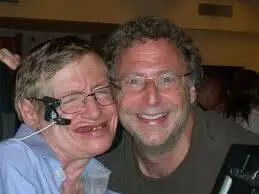
LEONARD MLODINOW is a physicist at Caltech and the best-selling author of The Drunkard’s Walk: How Randomness Rules Our Lives, Euclid ’s Window: The Story of Geometry from Parallel Lines to Hyperspace, Feynman’s Rainbow: A Search for Beauty in Physics and in Life, and A Briefer History of Time. He also wrote for Star Trek: The Next Generation. He lives in South Pasadena, California.
***

